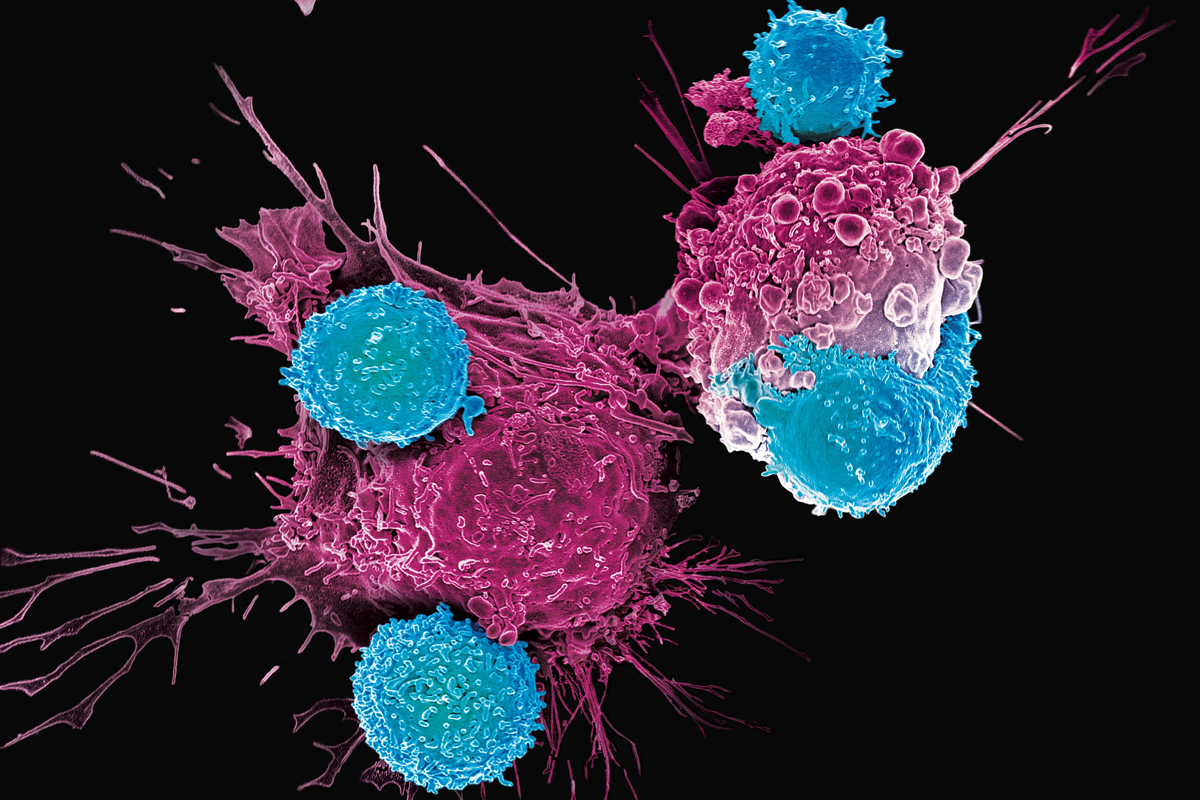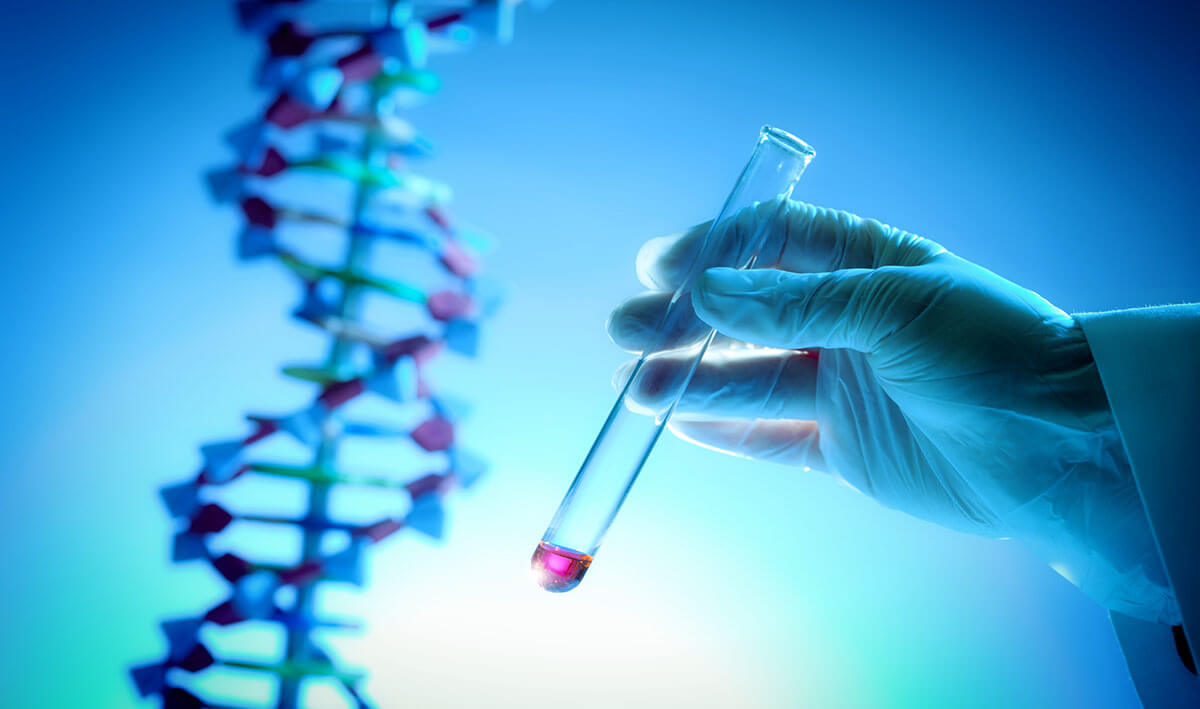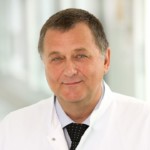-
 Medical articles
CAR T therapy: helps treat cancer when other methods fail
Medical articles
CAR T therapy: helps treat cancer when other methods fail
-
 Medical articles
Cancer incidence is steadily increasing: disappointing WHO forecast for 2050
Medical articles
Cancer incidence is steadily increasing: disappointing WHO forecast for 2050
-
 Medical articles
Stem cells bring hope to millions of people suffering from hearing loss
Medical articles
Stem cells bring hope to millions of people suffering from hearing loss
-
 Medical articles
TOP 10 clinics for oncology treatment 2023
Medical articles
TOP 10 clinics for oncology treatment 2023
-
 Medical articles
New methods for diagnosing cancer diseases
Medical articles
New methods for diagnosing cancer diseases
All news
Clinics for the treatment of vascular conditions
Angiosurgery is a branch of medicine specializing in the diagnosis, prevention and treatment of vascular diseases.
Within the vascular surgery there is a section of medicine — phlebology, which deals with the research and treatment of diseases of veins and vessels.
Why was the separate specialty of phlebologist isolated?
This is due to the very wide spread of varicose veins and other vein diseases. According to doctors’ assessments, up to 1/3 of the world’s population suffers from various forms of varicose veins.
MedTour will help you find highly qualified specialists from domestic and foreign clinics.
MedTour patients recommend clinics for the treatment of vascular conditions:
Doctors for the treatment of vascular conditions
These conditions are treated by a phlebologist:
- varicose veins;
- phlebothrombosis;
- chronic venous insufficiency;
- thrombophlebitis;
- post-thrombotic disorders;
- trophic ulcers and other complications of vein diseases.
An angiosurgeon (vascular surgeon) is referred to when there are problems with the arteries, veins and lymphatic vessels, for conditions such as:
- atherosclerosis;
- vascular trauma;
- myocardial infarction;
- varicose veins;
- microangiopathy;
- ischemic heart disease;
- thrombophlebitis;
- cerebral hemorrhage;
- aortic aneurysms;
- thrombosis;
- embolism;
- varicocele;
- lymphostasis;
- congenital vascular anomalies.
The diseases that vascular surgeons treat show a variety of symptoms. See your doctor if you are concerned:
- headache for no apparent reason;
- pain in the lower back, chest, or abdomen;
- long-lasting wounds that don’t heal;
- cold sensation in the extremities;
- pulsation of blood vessels in the neck and abdomen;
- tinnitus;
- dizziness, fainting;
- numbness and sensory disturbances in the extremities;
- reddening of the skin on the legs.
Of course, these symptoms do not always indicate that the problem is related to blood vessels. That is why you need the assistance of a doctor. He or she will find out the cause of such manifestations. If the problem is in the blood vessels, the angiosurgeon will determine the treatment tactics, or refer to the appropriate specialist, if he or she realizes that the problem is not in his or her competence.
Published:
Updated:





